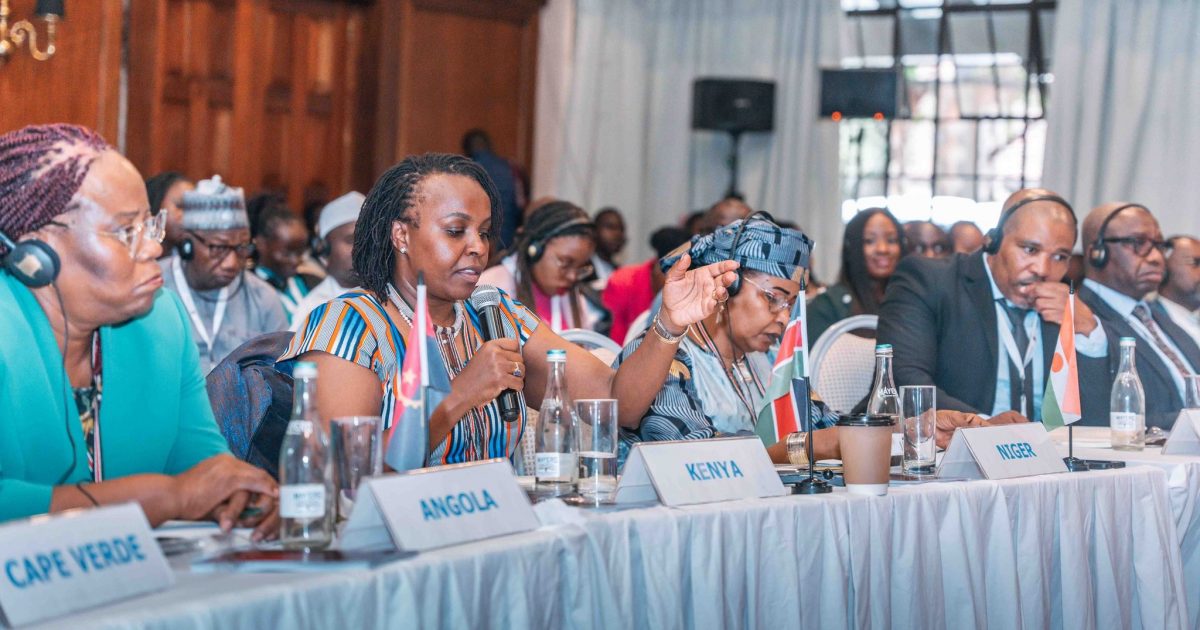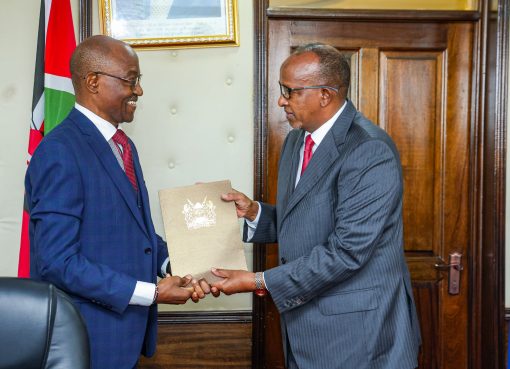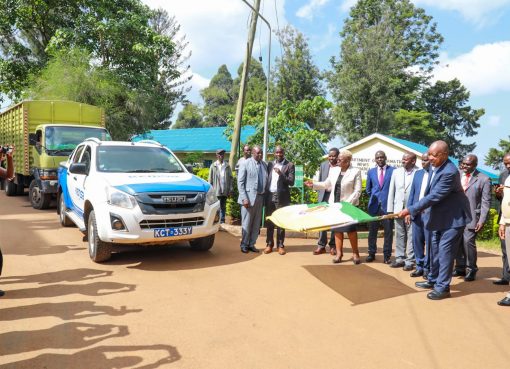Kenya is moving towards integrated border management with the government looking at some of the components, which will help the country manage its borders more effectively by use of technology.
Two months ago, The Kenyan government implemented a revised Coordinated Border Management Program to enhance the security and efficiency of its ports.
Immigration and Citizen Services PS Prof. Julius Bitok has said the new system is now able to track anybody who comes into the country, know which hotel they are going to live in, and is able to monitor their security and many other components that will ensure the country is opened to foreigners.
Speaking on the sidelines during the Network of Africa Data Protection Authorities (NADPA) conference, the Principal Secretary said Kenya now is a visa-free country and everybody from anywhere in the world only requires eTA to travel to Kenya.
“The integrated border management is a new generation of management of our borders to ensure that all visitors who come in are able to enjoy themselves and also travel without any inconvenience of wanting to acquire a visa,” he said.
At the 60th Jamhuri Day celebrations last year, President Dr. William Ruto announced that the government will abolish visa requirements for all global visitors beginning January 2024.
The abolishment, which the president mentioned, aims at embracing globalization and opening the borders to spur the socio-economic development of the country.
Thus, “when we talk about integrated border management, we are looking at things like e-gates, Electronic Travel Authorization (eTA), facial recognition, and such other components, which will be able to help us manage our visitors,” explained Prof. Bitok.
This not notwithstanding, Kenya’s strategic location in East Africa underscores the importance of effective border management in enhancing trade, ensuring national security and promoting regional integration.
The government is also in the process of developing Standard Operating Procedures (SOPs) to ensure consistency and efficiency in border operations across all the points of entry.
Last month, the Government and the International Organization for Migration (IOM) also hosted the inaugural National Border Management Conference to provide an opportunity to enhance inter-agency cooperation and celebrate the progress and milestones in border management.
During the meeting, IOM Kenya committed to continue working with the Government and supporting its efforts in spearheading a dynamic Border Management program.
Additionally, IOM’s is also supporting in enhancing the skills of frontline border officials, supplying essential infrastructure such as border equipment and cutting-edge IT solutions, implementing the Border Management Information System (BMIS) and offering expert technical guidance.
Meanwhile, an integrated border management seeks to ensure the streamlining of customs and immigration processes, timely sharing of information, reduced waiting periods and an enhanced capacity to detect illicit trans-border activities.
By Wangari Ndirangu





